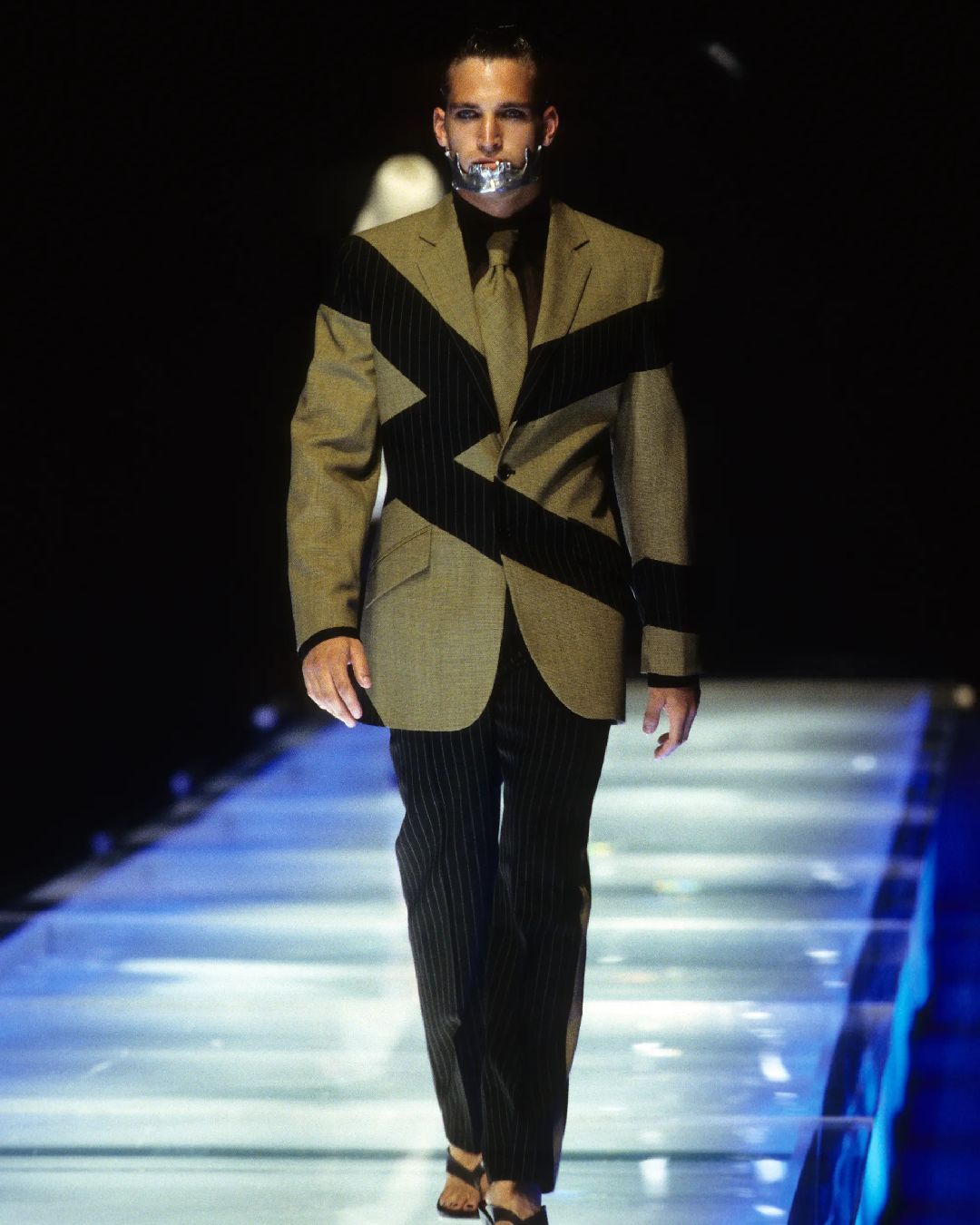
“Mamma mia”: what are the Måneskin doing with the Italian stereotype? A redefinition of the Italian contemporary pop culture or just cheap marketing?
"Why so hot? / cause I'm italiano"
The line everyone will hear the most from Mamma Mia - the new single by Måneskin, which has already totaled 5 million streams on Spotify alone - perfectly embodies the relationship that the Roman band has with Italian culture and being. The theme is interesting and complex for various reasons: first of all it is that Måneskin are the first Italian band that in the last twenty years has been projected in a very short time towards international success, the second is that the glamrock aesthetics of Måneskin - despite collaborations with Italian brands such as Gucci and Etro - it has little to do with the Italian image (which, however, triggers the question: what aesthetic does an Italian band that aims for international success follow? Måneskin are the only ones who are today doing, then).Yet the first song after the extraordinary success of Eurovision and sensational numbers is a single sung in English, presented in a Berlin club and with the title that suggests an instrumental use of Italianness, an excellent marketing that despite the ironic reference to Abba is little thing. I am not saying that the Måneskin have the obligation or the duty to tell the story of Italianness, I just argue that it is sensationally interesting to have their point of view on a theme - contemporary Italian culture - which today, after a pandemic and an economically disrupted cultural system it is struggling to generate new ideas and imaginaries.
"We also wanted to make fun of stereotypes about Italians, because we feel very distant from that type of representation"
Vittoria de Angelis explained in an interview with Cosmopolitan, confirming that the song is not a celebration of Italianness, but an ironic exercise. The lyrics and the music - both written entirely by the Roman band - are direct daughters of the victory at Eurovision, an aesthetically very strange musical competition which, however, has managed to revive that sense of national partisanship in Italy as well. Thus the Måneskin victory ended in the celebration of the "great Italian summer" together with the victory of the European Championship, the gold on the 100 meters of Marcell Jacobs, making the band in Italy a national pride to defend and safeguard, like the controversy against the French press that claimed that "our boys" had snorted cocaine on live TV.
First with X-Factor and then the victory at pandemic Sanremo - one of the most followed and discussed of the last - had introduced the aesthetics of the band to the Italian mainstream audience: looks and attitude that refer to a kind of glam that starts from Mick Jagger and Bowie passing on the catwalks of the ambiguous rockers of Hedi Slimane with their heeled boots and their slightly languid outfits (remember the farsighted 2013 slogan "The Saint Laurent boy is a girl").
A type of rock that visually and performatively was brought to Italy by Renato Zero, Donatella Rettore and Loredana Bertè - whose efforts remained isolated in any case in the wider context of the Italian music scene and always indebted to completely foreign traditions.
Thanks to the victories, this aesthetic difficult to digest for an audience accustomed to singers in tails has been normalized by means of television and newspapers - with magnificent headlines such as "Even mothers are crazy for Damiano" - in a superficial way that is cautiously kept away from themes such as sexual liberation and heteronormativity, which instead represent the core of Måneskin's artistic production. At the same time, the victory at Eurovision has globally labeled the band as "Italian", with all the pros and cons of the case.
Celebrated by the international press, they greatly underline the internationality of the band, dusting off the classic all-Italian dichotomy between national and international success on a musical level. The physicality of the band - beautiful, young and fresh - has also given the edge to resume the binomial Italy-sex, on which in fact the band plays in the single. The same cover of the album, which portrays a hand slipping inside a pair of jeans, refers to the cover of Sticky Fingers by The Rollings Stones, Too Fast For Love by Mötley Crüe and Born in the U.S.A. by Bruce Springsteen - a set of cultural references very distant from Italian culture, which however revolves and plays around the "sexy Italian" stereotype, reaffirmed by Damiano himself immediately added: "We are hot because we are Italian", quoting his own song.
To take up a football metaphor, the Måneskin must not be burdened with the weight of the “talented young Italian who will save the national team”, they already have their mission and are living up to it brilliantly. What Måneskin's success can make us reflect is on what shape and appearance contemporary Italian culture will have in the coming years. On the one hand there are independent cultural industries - music, theater and performance - blocked by two years of inaction that will struggle to restart due to lack of money and space, on the other hand a successful creative scene which is however projected on a vision and a global aesthetic. it is a huge and complex theme that necessarily involves digital communication and cultural production systems (how is money made in music today?), which however leaves a question: will there still be room to create a culture that reflects traditions and territory? Probably yes, the how still escapes.
























































